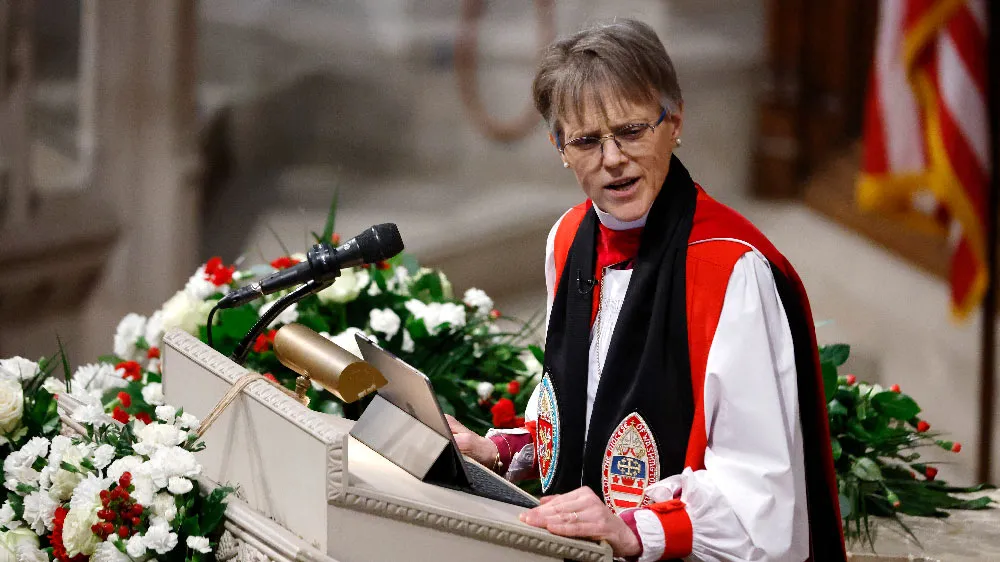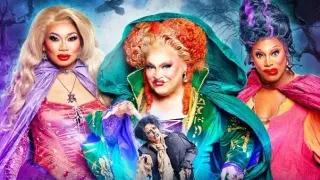April 14, 2021
Watch: Namibian Gay Couple Fight Government's Refusal to Recognize Their Daughters, Born through Surrogacy
Kilian Melloy READ TIME: 2 MIN.
The Namibian government refuses to recognize the daughters of a same-sex couple, effectively stranding one of the fathers in South Africa with the twin infants while the other father fights his own battle to remain in the country, Mamba Online reports.
The girls were born last month in South Africa to a surrogate mother. One of the two men listed as the parents on their infants' birth certificate, Phillip Lühl, a Namibian citizen, "planned to take them home," Mamba Online recounts, "to meet their other father, his Mexican-born husband Guillermo Delgado," as well as the men's "two-year-old son, Yona."
"Namibia's Ministry of Home Affairs, Immigration, Safety and Security," the article adds, "is refusing to issue travel documents for the twins to allow them into the country." The ministry has said it wants "genetic proof" of Lühl's paternal relationship to the girls.
Nor will the Namibian government recognize the men's marriage, which was legally granted to them in South Africa.
Lühl has had no choice but to remain in South Africa with the girls, news reports said. He took to Instagram on March 21 to slam the government's refusal to allow him to bring his daughters home, saying, "We have a minister of Home Affairs who is essentially closing the door of the Namibian house to two baby girls that are not even a week old."
Meantime, permission for Lühl's husband, Guillermo Delgado, to live and work in Namibia has expired, and the government claims that despite his employment as a university professor and his substantial savings and investments, Delgado had "insufficient means of sustenance" to be allowed to remain, reports say.
The BBC notes that Lühl is pushing back in the courts, asserting that his daughters should be viewed as Namibian citizens by descent. "Moreover, he says, the Namibian constitution does not require a biological link for citizenship by descent between parents and their children," the BBC reports.
The BBC notes: "There are also no specific legal guidelines regarding surrogacy in Namibia," though the surrogacy laws in South Africa make it clear that "a child born to a surrogate mother takes the citizenship of its parents."
The family's plight sparked protests in Namibia by LGTBQ equality advocates in support of the family. Watch his message by clicking on the post embedded below.
Kilian Melloy serves as EDGE Media Network's Associate Arts Editor and Staff Contributor. His professional memberships include the National Lesbian & Gay Journalists Association, the Boston Online Film Critics Association, The Gay and Lesbian Entertainment Critics Association, and the Boston Theater Critics Association's Elliot Norton Awards Committee.







